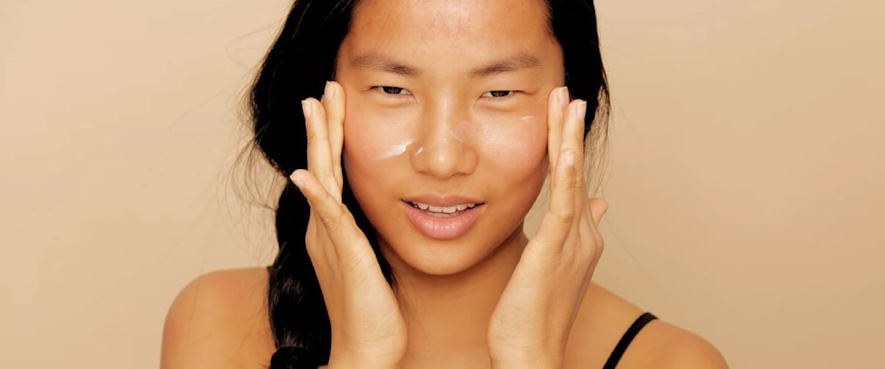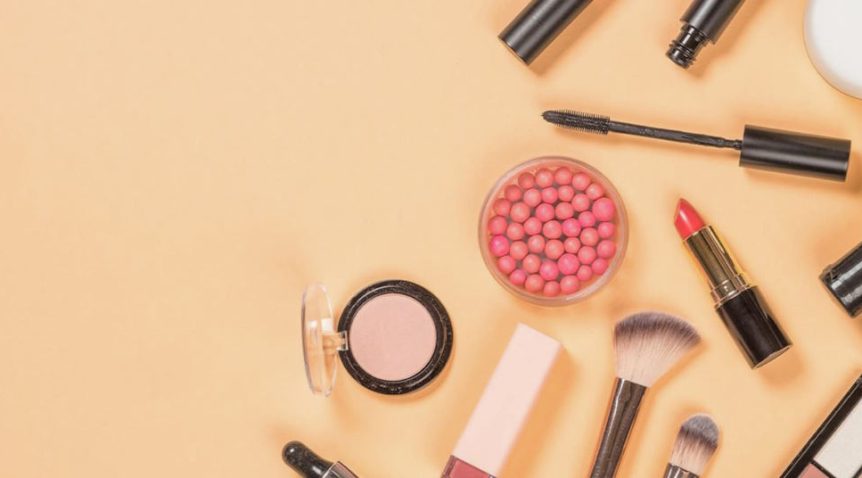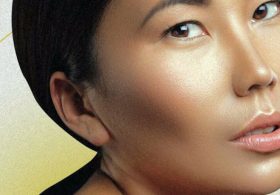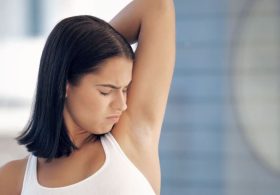In a world where appearances often shape perceptions and self-esteem, cosmetics serve as more than just beauty enhancers—they represent a form of self-expression, empowerment, and self-care. From skincare routines to makeup transformations, cosmetics have become deeply intertwined with personal identity and societal norms. However, the question remains: is it worth using cosmetics?
The Benefits of Using Cosmetics
For many, cosmetics serve as a versatile tool for self-expression, confidence-building, and self-care. Beyond enhancing physical appearance at the surface level, cosmetics offer numerous benefits that contribute to overall well-being.
Firstly, cosmetics can boost confidence and improve self-esteem by allowing individuals to accentuate their favorite features and conceal imperfections. Whether it’s a swipe of lipstick to brighten the smile or a dab of concealer to hide blemishes, makeup can empower individuals and instill a sense of pride in their appearance.
Moreover, cosmetics provide a creative outlet for personal expression. From experimenting with bold eyeshadow looks to mastering intricate skincare routines, beauty enthusiasts can explore and celebrate their unique style. This innovative process can be both enjoyable and therapeutic, serving as a form of stress relief and self-discovery.
Additionally, cosmetics play a practical role in protecting and nourishing the skin. Many skincare products contain beneficial ingredients such as antioxidants, vitamins, and SPF, which help to hydrate, repair, and defend against environmental aggressors. Individuals can maintain healthy, radiant skin for years by incorporating these products into daily routines.

Considering the Drawbacks and Ethical Considerations
While cosmetics offer many benefits, it’s essential to acknowledge the potential drawbacks and ethical considerations associated with their use.
One concern revolves around the safety of cosmetic ingredients. Many conventional beauty products contain synthetic chemicals and preservatives that may pose risks to human health, such as skin irritation, allergic reactions, and hormonal disruption. Additionally, the production and disposal of cosmetics can have negative environmental impacts, contributing to pollution, resource depletion, and animal testing.
Furthermore, the beauty industry has historically perpetuated unrealistic beauty standards and promoted excessive consumerism. From airbrushed advertisements to influencer marketing campaigns, the pressure to achieve unattainable ideals of perfection can damage mental health and self-esteem. Moreover, relentlessly pursuing new products and trends can lead to overconsumption and waste, further exacerbating environmental concerns.



